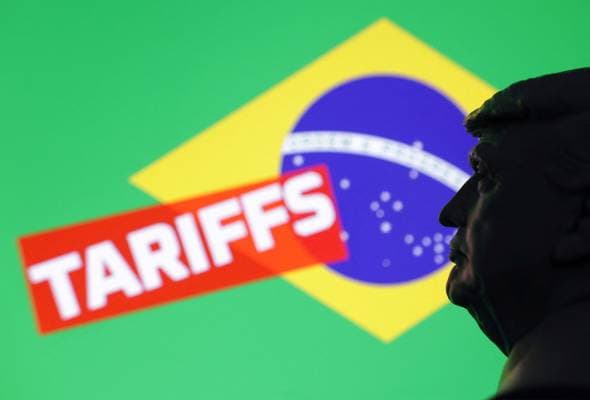Poland Says Any Ukraine Peace Plan Must Win Kyiv Approval
Polish President Karol Nawrocki says a peace proposal for Ukraine must be accepted by Ukraine’s government and people, pushing back on external frameworks that would impose major concessions. The statement highlights growing rifts among U.S. allies over legitimacy of deal making, with implications for European security, defense spending, and investor risk perceptions.

Polish President Karol Nawrocki on November 22 says any plan to end the war in Ukraine must be accepted by Ukraine’s government and its people, warning against settlements that reward the aggressor. His remarks come after the publication this week of a 28 point framework circulated through U.S. channels that would require significant concessions from Kyiv, including limits on military posture and NATO aspirations.
Nawrocki framed acceptance in Kyiv as a matter of legitimacy and long term stability for the region. He stressed that the price of peace cannot be achieving strategic goals for the aggressor, referring to Russia, and that Ukrainians should have the decisive voice in shaping any settlement. The Polish position is likely to resonate with Warsaw’s electorate and ruling circles, which have been among the most vocal in demanding firm security guarantees for Ukraine.
The debate over the 28 point framework exposes widening disagreements among U.S. allies about the shape and provenance of proposals for ending the conflict. Allies face a trade off between pursuing a negotiated cessation of hostilities and maintaining a policy that Kyiv regards as fair and sovereign. Analysts caution that any externally driven plan perceived as imposed could undermine long term peace prospects by delegitimizing outcomes in Ukraine and fueling domestic political backlash.
Beyond geopolitical fault lines, the controversy has economic and market implications. A settlement that freezes contested borders or curtails Ukraine’s NATO aspirations could lower near term military spending for some countries, but it would also reshape demand for reconstruction and defense procurement. Conversely, a prolonged diplomatic impasse or renewed fighting would sustain elevated defense budgets across Europe, keeping pressure on public finances and potentially weighing on sovereign debt spreads for frontline states.
Investors watch two channels in particular. First, risk premia on regional assets respond to perceptions of alliance cohesion. Clear signals that allies back Kyiv’s agency reduce uncertainty and can be supportive for currencies and bond markets in Central Europe. Second, energy markets remain sensitive to the durability of Western sanctions and supply disruption risk. Any outcome that appears to entrench Russian gains could alter commodity risk assessments and influence price volatility.
Policy makers face a difficult balancing act. Ensuring Ukrainian consent is necessary to preserve the moral and political foundations of Western support, but seeking that consent may require Kyiv to consider compromises that still satisfy alliance security concerns. The Polish intervention underscores that legitimacy is now central to discussions, and that allies who advocate external frameworks risk fragmenting coalition unity if Kyiv rejects proposals.
What happens next will depend on Kyiv’s response to the framework and on whether Washington and its partners coordinate a process that includes Ukraine from the outset. For now the debate shifts from the contents of the 28 point framework to the politics of who gets to decide, a question that will shape NATO cohesion, European defense trajectories, and the economic calculations tied to the conflict for years to come.


